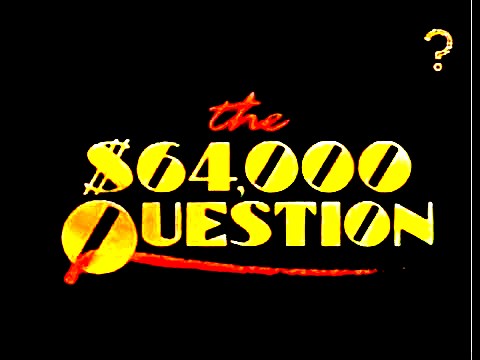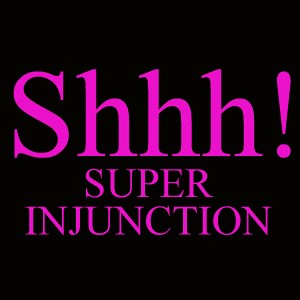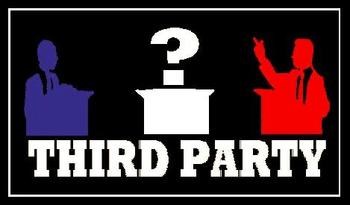A Claim For Interest In Property Verbally Promised Years Before, Was Upheld By Court As An Agreement
Verbal promises to provide property years in the future, in return for services for the life of the promissor, are increasingly common in estate litigation.
Such arrangements, usually made between loved ones, and with the best of intentions, can go “sideways” very easily, simply due to the vagaries of life.
Such was the recent Ontario decision of Cowderoy v Sorkos Estate 77 ETR (3d) 246
(The decision contains an exhaustive review of the equitable principle of proprietary estoppel, which I will reproduce in the February 10.13 blog)
The Testator was involved in a common law relationship with plaintiffs’ grandmother for approximately 40 years.
During the relationship, the testator purchased a farm and cottage, and ran various businesses .
The Testator and plaintiffs had a close relationship, substantively as grandfather and grandchildren
the Plaintiffs claimed they entered agreement with testator in 1985, when they were 17 and 13, that in exchange for their ongoing assistance with farm and
cottage testator would leave them properties, and money for maintenance, on his death
The Plaintiffs assisted the testator with maintenance and improvements to both properties over next 25 years ,and on his death in 2009, the testator left three wills:
1) 2001 will bequeathed farm and property, as well as $500,000 each, to plaintiffs;
2) 2003 will bequeathed $50, 000 to plaintiff P, $1,000 to plaintiff M, and did not bequeath properties to plaintiffs ;
3) 2008 codicil increased bequest to M to $25,000, but otherwise 2003 will remained unchanged
The Plaintiffs brought action against estate for interest in farm and cottage.
The action was allowed
The conduct of both plaintiffs and testator could be considered to determine if sufficient acts of part performance took alleged agreement outside operation of Statute of Frauds
From the time of the 1985 agreement, the testator and the plaintiffs unequivocally ordered their affairs with each other on basis of agreement .
The Plaintiffs had clearly assisted testator with maintenance and improvements to both properties over 25 years
The witness testimony was evidence of testator’s actions, and was corroborative of 1985 agreement .
The 2001 will was also corroborative of existence of agreement, despite changes made in 2003 will and codicil .
The contract was one which, if it were properly-evidenced by writing, would have been specifically enforceable .
Proprietary estoppel applied in circumstances.
The Testator had made representations on numerous occasions, over course of years, and in front of third parties.
The Testator’s representations were clear and unequivocal and at all times related to farm and cottage .
No question arose that plaintiffs had relied on representations made by testator in 1985 to their detriment, often subordinating their lives to testator’ s wishes and demands.
The Testator was no longer in legal position in 2003 to leave farm and cottage to beneficiaries other than plaintiffs
The plaintiffs were granted interest in farm and cottage, but purported transfer of funds claimed by plaintiffs lacked necessary corroboration









